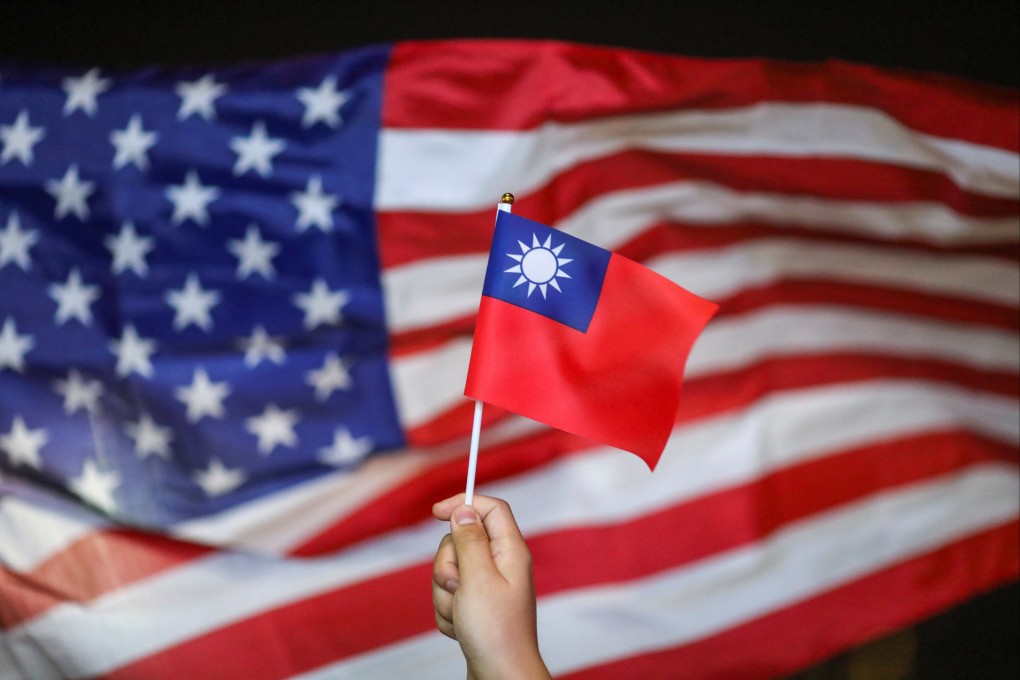Advertisement
As I see it | Is Biden’s democracy summit the start of a new world order?
- Both Beijing and Moscow have taken umbrage at Washington’s attempts to ‘seek supremacy at the expense of others’
- Some suggest the meeting next week will signal what comes next after the US’ unipolar moment
3-MIN READ3-MIN
44

China’s disdain for the Western-style democracy and its hypersensitivity to any questions relating to Taiwan – “the mother of all core interests” – are no secret.
That’s why Beijing went ballistic when US President Joe Biden managed to hit two hot buttons at once by inviting Taiwan to his signature democracy summit, scheduled for next week, while excluding representatives from Beijing.
Less than two weeks after the first online summit between Biden and President Xi Jinping, China’s top diplomats have returned to Wolf Warrior mode and attacked the first-of-its-kind virtual gathering of about 110 countries.
Advertisement
Apart from the Taiwan issue, Beijing appears to be particularly annoyed by Biden’s obvious attempt to reclaim America’s global leadership role in pushing back against the expansion of authoritarian rule in many parts of the world.
“The US regards itself as a world leader and requires all countries to follow its leadership, which violates the democratisation of international relations,” Chinese Foreign Minister Wang Yi remarked bitterly on Friday in a meeting with his counterparts from Russia and India.
In a pointed message to New Delhi, which is part of the Washington-led regional Quad grouping and was invited to the summit, Wang urged the three powers to “get out of the ‘democracy trap’ by a certain country”.
Advertisement
Advertisement
Select Voice
Select Speed
1.00x

